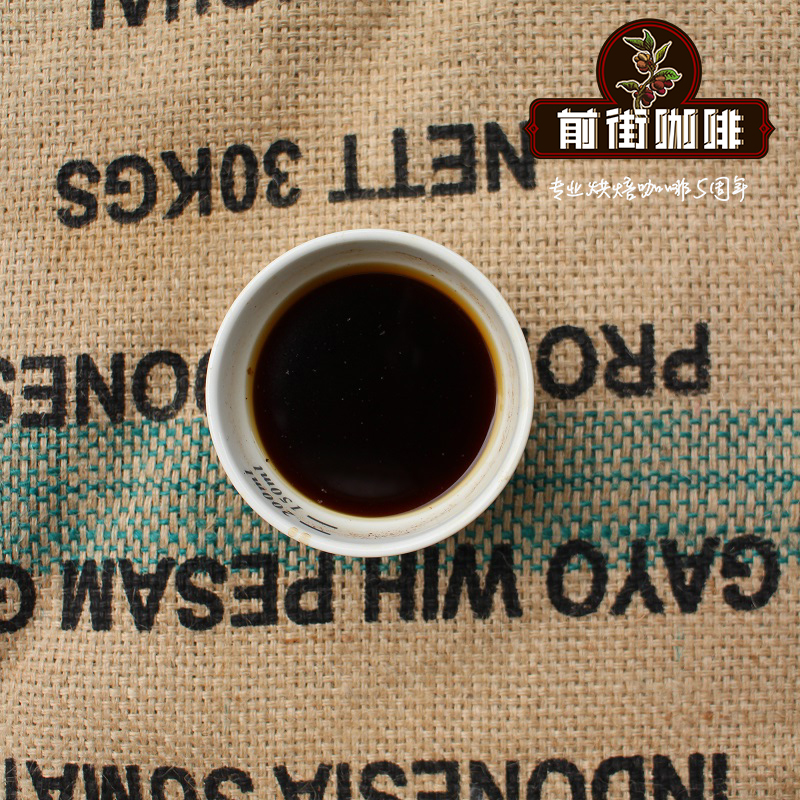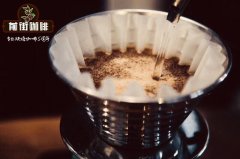The reason for the oil out of coffee beans is the oil on the surface of hand-washed coffee beans not fresh?

Professional coffee knowledge exchange more coffee bean information please follow the coffee workshop (Wechat official account cafe_style)
Many coffee books will say, "if the coffee bean comes out of oil, it means it is no longer fresh." If you are more careful, you will find that most of the sources of these books are coffee translation books from Japan 30 years ago, and if you are really careful, you will also find that most of the authors are not people in the industry. most of them are just simple coffee lovers, such as columnists, journalists, or so-called "experts" who are particular about food! Do these authors really understand, operate, experiment, and devote themselves to such a professional industry? Or is coffee just an affectionate romance? If coffee only pays attention to atmosphere and mood, if coffee only needs to look at it, and if coffee can be understood only after a few interviews, I don't think coffee will last for thousands of years!
The "oil" of coffee beans is directly related to roasting; there was no so-called "roasting" in the early days of coffee discovery. for a whole thousand years, coffee was directly picked, washed, and boiled into soup to drink. What is the atmosphere, mood, and romance of this cooking method? there is only one reason why coffee can spread-"caffeine", which is the original reason why coffee will be discovered! Although caffeine keeps the coffee soup from being discarded. However, coffee soup has no fatal attraction enough to spread "suddenly" after the fifteenth century. (drinking coffee a thousand years ago was a very sacred ritual, not ready to drink.)
Many people attribute the popularity of coffee to "the popularity of social activities", "cultural exchanges between the East and the West", and coffee can not play a role in the form of consciousness. In fact, coffee is popular at a less high level. Coffee will be widely popular for only one reason-"baking"! So that, that's all! If you compare the coffee soup of this cherry fruit with the coffee made by grinding the roasted coffee beans, you will know that I am not lying to you! Really! If there is no "baking", the value of coffee is far less than other beans, at best, it is only a source of "caffeine" extraction!
Since coffee was "roasted", coffee began its history of sweeping Europe and the United States, thus setting off a trend of coffee in Taiwan at the end of the 20th century.
With baking, there is the problem of "oil production", and only with the problem of oil production can there be the problem of "preservation"! About 30 years ago, when coffee had not yet entered the so-called "re-baking" (in Seattle parlance), the cooking methods of coffee during this period and for a long time before were mainly follicular and boiling. The roasting colors of most coffees are about between "cinnamon roasting" and "moderate roasting". The biggest advantage of this hue is that it is easy to bake and can be stored for a long time. Especially in the era of underdeveloped packaging technology. Therefore, once the oil appears on the surface of coffee beans, it is tantamount to announcing that the coffee has been oxidized too much. If you smell it carefully, you will smell a little "greasy smell", and the rest, such as "wet smell" and "environmental smell", can be smelled before the oil comes out. In the case of "cinnamon baking", the phenomenon of producing oil has been placed for at least two months.
After the Italian espresso machine achieved constant pressure with a "pump" in the 1960s, it gradually gained a competitive advantage in the business market with "fast", "stable" and "multi-function". This competitive advantage changed the "roasting" of coffee! "Nine atmospheric pressure" makes "light roasted" coffee beans useless, the original "light and sweet slightly sour flavor" into "turbid and bitter mixed with acetic acid fishy smell", in order to solve this problem, people found that deeper roasting of coffee beans can reduce the release of sour taste, so coffee roasting gradually changed from "shallow roasting" to "deeper roasting", with the increasing popularity of Italian espresso machines. The color of baking deepens year by year, so that the term "re-baking" came into being in Seattle in the 1970s.
The problem is that the colors of "heavy-baked" coffee beans are mostly between "high full city" and "franch". In Taiwan, they are between "medium and deep roasting" and "No.2 roasting".
If explained by the baking process, "medium and deep baking" is about the stage of baking to the end of the first burst sound, and the skin is slightly shiny but not yet oily. "No. 1 baking" refers to the stage in which the skin has already produced oil after the second burst sound, and the complete oil production of beans is called "No. 2 baking" (Italian). If not controlled properly, this stage will enter the "carbonization phenomenon". (in fact, many companies' heavy-roasted coffee beans have been carbonized.) what's more, there will be a "bean body fire" incident!
The body of the "No. 1 roasted" coffee bean is covered with oil when it is put into the pot, and the oil retracts after cooling, and the oil will reappear after an interval of 6-10 hours. When the "medium-deep roasted" coffee bean is put into the pot, the surface of the bean body is also slightly greasy and shiny. After about 20 to 30 hours, the oil will begin to surface, while a lighter "moderate depth" will appear in about 5-7 days. If, according to the general preservation method, the better drinking period of coffee is 3 to 21 days after baking, that is to say, "moderate and slightly deep roasting"; when the coffee is "oiled", the coffee is still in a better drinking period. how can it be said that "oil is not fresh" during the better drinking period? (the time mentioned above is preserved in a normal way: baking and cooling in a transparent sealed jar with a glass rubber washer.)
For more professional coffee exchanges, please follow Wechat: FrontStreetCoffee
Important Notice :
前街咖啡 FrontStreet Coffee has moved to new addredd:
FrontStreet Coffee Address: 315,Donghua East Road,GuangZhou
Tel:020 38364473
- Prev

What's the taste of coffee? does coffee taste good? there are several flavors of coffee.
Professional coffee knowledge exchange more information about coffee beans Please follow the coffee workshop (Wechat official account cafe_style) Coffee is bitter. Many people think that the bitterness in coffee comes from caffeine. In fact, the roasted coffee beans will produce a continuous reaction. The chlorogenic acid in the coffee beans will be converted to chlorogenic acid lactone, which will continue to deepen the baking degree, and then will be decomposed into phenyl dihydrogenated indene.
- Next

Coffee Champion's Creative Coffee Ice Cappuccino Video tutorial Coffee making training
Professional coffee knowledge exchange more coffee bean information please follow the coffee workshop (Wechat official account cafe_style) GABEE. Lim Dong-Won of the cafe uses espresso (espresso) to teach three creative coffees. Use a little trick to make coffee and milk black and white, shake the cup, and you will see coffee dancing on the milk. Materials: espresso 60cc, ice
Related
- Beginners will see the "Coffee pull flower" guide!
- What is the difference between ice blog purified milk and ordinary milk coffee?
- Why is the Philippines the largest producer of crops in Liberia?
- For coffee extraction, should the fine powder be retained?
- How does extracted espresso fill pressed powder? How much strength does it take to press the powder?
- How to make jasmine cold extract coffee? Is the jasmine + latte good?
- Will this little toy really make the coffee taste better? How does Lily Drip affect coffee extraction?
- Will the action of slapping the filter cup also affect coffee extraction?
- What's the difference between powder-to-water ratio and powder-to-liquid ratio?
- What is the Ethiopian local species? What does it have to do with Heirloom native species?

